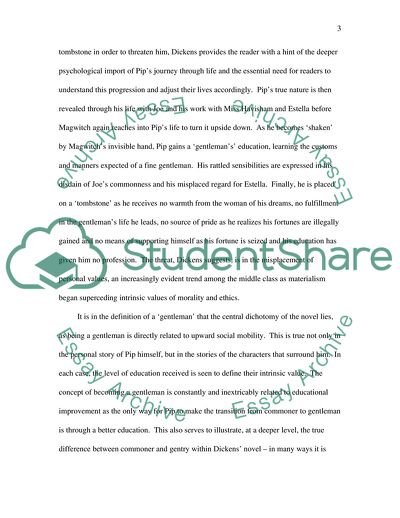Cite this document
(Dickens and Moral Judgment Essay Example | Topics and Well Written Essays - 1500 words, n.d.)
Dickens and Moral Judgment Essay Example | Topics and Well Written Essays - 1500 words. https://studentshare.org/literature/1718015-great-expectations-does-it-guid-readers-to-make-moral-judgements-about-characters-while-allowing-sympathetic-involvement-in-their-experiences
Dickens and Moral Judgment Essay Example | Topics and Well Written Essays - 1500 words. https://studentshare.org/literature/1718015-great-expectations-does-it-guid-readers-to-make-moral-judgements-about-characters-while-allowing-sympathetic-involvement-in-their-experiences
(Dickens and Moral Judgment Essay Example | Topics and Well Written Essays - 1500 Words)
Dickens and Moral Judgment Essay Example | Topics and Well Written Essays - 1500 Words. https://studentshare.org/literature/1718015-great-expectations-does-it-guid-readers-to-make-moral-judgements-about-characters-while-allowing-sympathetic-involvement-in-their-experiences.
Dickens and Moral Judgment Essay Example | Topics and Well Written Essays - 1500 Words. https://studentshare.org/literature/1718015-great-expectations-does-it-guid-readers-to-make-moral-judgements-about-characters-while-allowing-sympathetic-involvement-in-their-experiences.
“Dickens and Moral Judgment Essay Example | Topics and Well Written Essays - 1500 Words”. https://studentshare.org/literature/1718015-great-expectations-does-it-guid-readers-to-make-moral-judgements-about-characters-while-allowing-sympathetic-involvement-in-their-experiences.


